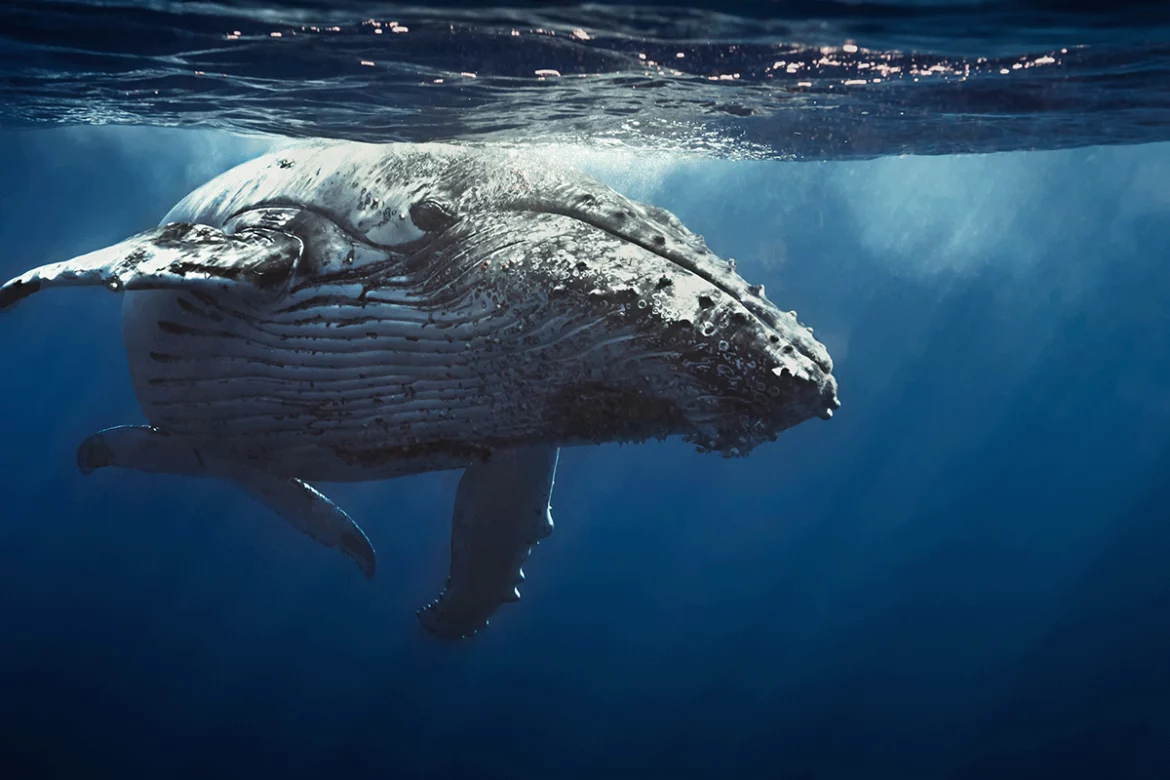Environment campaigners have expressed worry that fragile and damaged marine life around Scotland’s coasts is not being properly protected because ministers in Edinburgh have broken their promises.
Prominent charities including the Marine Conservation Society and the National Trust for Scotland accuse the Scottish government of repeatedly missing its deadlines to protect vulnerable marine life from overfishing and the effects of climate breakdown.
Among other things, they cite the government’s own seabed surveys and expert evidence about the damage from trawlers such as scallop dredgers fishing inside marine protection areas (MPAs) that Scotland designated in 2014.
The campaign group Open Seas said that ministers had also significantly delayed action to protect priority marine features such as flame shell reefs found outside the marine protection areas. Only 46 of 233 designated sites have all their protected features in favourable or recovering condition, and many have not been surveyed.
The charities have urged ministers to restrict fisheries inside MPAs by 2025; deploy more fishery protection vessels to police and deter illegal fishing; to set legal targets to improve damaged marine features; and introduce surveillance and tagging of all fishing vessels.
Read also: Green activists push Biden to freeze ‘disastrous’ deepwater oil export rigs
Their criticisms have come at a time of heightened tensions over Scotland’s environmental record after the collapse of a landmark power-sharing deal between the Scottish National party and Scottish Greens last month, known as the Bute House agreement. The crisis, triggered by Scotland scrapping its 2030 climate target, led to Humza Yousaf resigning as the first minister and his replacement by John Swinney, a veteran figure in the SNP.
Conservationists were then alarmed when Swinney appointed Kate Forbes as his deputy first minister and economy secretary. A rural MSP, she was a prominent critic of plans to set up a “world leading” network of highly protected marine areas (HPMAs) last year, which would have banned inshore fisheries.
Those zones, covering 10% of Scottish waters, were a key part of the Bute House agreement, but the policy was scrapped after a revolt by coastal communities. Forbes is expected to resist or dilute new measures to restrict fishing now she is in government, particularly with a general election imminent.
Story was adapted from the Guardian.
